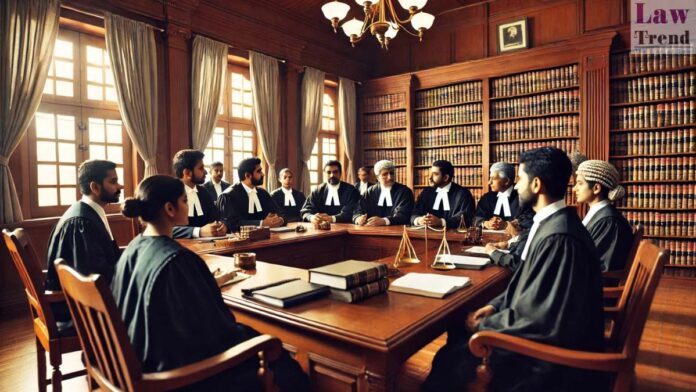In a significant ruling, the Karnataka High Court quashed a gag order issued by the Bar Council of India (BCI) against all members of the Karnataka State Bar Council, reaffirming the right to free speech and expression for advocates. The judgment, delivered by Justice M. Nagaprasanna, arose from a writ petition filed by S. Basavaraj,
To Read More Please Subscribe to VIP Membership for Unlimited Access to All the Articles, Download Available Copies of Judgments/Order, Acess to Central/State Bare Acts, Advertisement Free Content, Access to More than 4000 Legal Drafts( Readymade Editable Formats of Suits, Petitions, Writs, Legal Notices, Divorce Petitions, 138 Notices, Bail Applications etc.) in Hindi and English.




